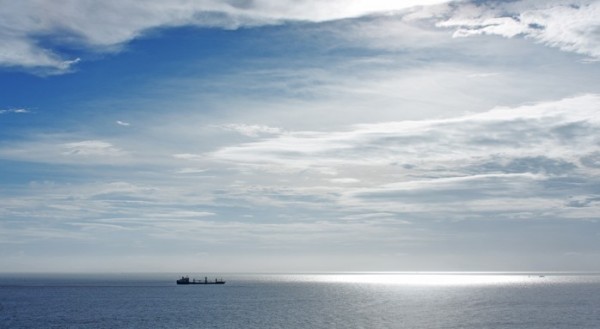The African economy has become one of the most promising global growth markets. Shipping is taking care of the largest part of international trade and in Africa this is even more the case due to less developed land infrastructure. European shipowners strongly believe that maritime services are enablers of trade and development, particularly in Sub-Saharan Africa. This is the core message ECSA sent last week in a letter to EU Commissioner for Trade Cecilia Malmström, inviting her to include maritime transport services in the EU Africa agenda.
Patrick Verhoeven, ECSA Secretary General,said,
“Efficient maritime transport is critical to the region’s trade and economic growth. Shipping is the backbone of the mobile supply chain which ties European and African economies together.We need to ensure that European shipping is able to keep its strong presence in the region and the EU representations should continue to play an important role in supporting this”
European Community Shipowners’ Associations recently organised a stakeholder roundtable to discuss the challenges and opportunities shipping companies face in Africa. European shipping companies are important partners to African governments and businesses and ensure that the countries are connected to world trade. At the same time EU shipowners are increasingly confronted with market access barriers targeting foreign logistics and maritime services. In some African countries for example, it is not possible to get a license to operate anymore unless the business is fully owned by locals.
A shared interest and willingness to address the challenges shipping companies face in Africa emerged from this meeting with the shipping companies and associations, the European Commission and Member States representatives. For European shipping, the end goal should be to include shipping, and logistics services at large, in any development and trade discussions carried out with African partners. This in order to ensure mutually benefiting business conditions in Africa, including a level playing field in terms of investment opportunities for European companies. EU representations in Africa should indeed grow, as planned, into fully-fledged economic diplomacy delegations as their leverage towards African governments is larger than the one of individual Member States.
Source: ECSA





























































